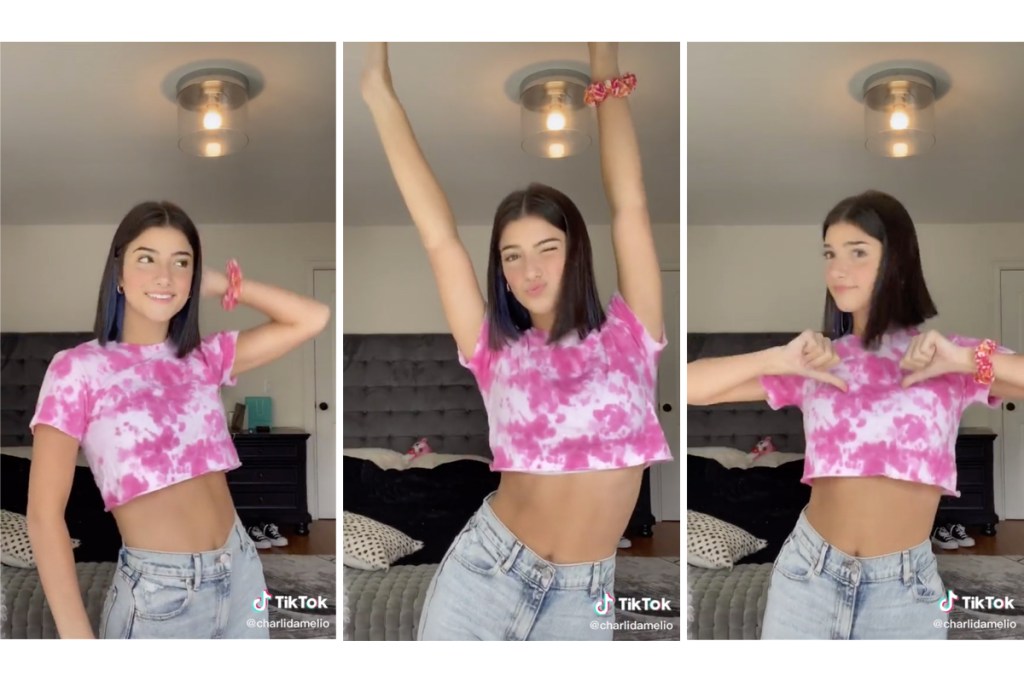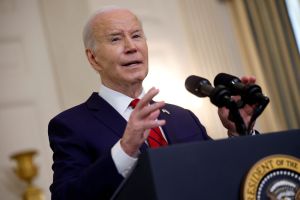We learned about journalists this past weekend. Specifically, we learned about tech journalists who aren’t particularly interested reporting or analyzing tech as much as they are committed to harvesting click revenue from a young audience engaged with tech and social media platforms. They proved, in other words, that their industry is broken beyond repair.
You probably heard that President Trump told reporters aboard Air Force One that he was looking at banning the social media video app TikTok on Friday. TikTok has come under scrutiny in the past months over security concerns and its parent company ByteDance’s connections to China. It’s understood to be hacking and using data collected from its users’ phones. Everyone from the Department of Defense, to the US military to the Joe Biden campaign has banned it. The app is now in talks to sell its US operations to Microsoft in order to abate the controversy, a move backed by Chuck Schumer which Trump says he ‘wouldn’t mind’.
But if you were to attempt to collect that kind of information from journalists when the announcement was made, you would have come up empty. Journalists were not interested in looking into the app. They were far more concerned with attempting to join the young and teenage crowd in dunking on the President, suggesting instead that the reason for banning the app is because TikTok teens and comedians were making fun of the President and had pranked him by fake RSVPing to one of his rallies. It was the perfect example of how journalists have ceded their ground in a new media world where what’s happening is much less important than what’s shareable.
‘The president said he wanted to ban the Chinese-owned video app TikTok because of national security concerns, but social media quickly theorized another reason: he can’t take a joke’ was a headline and tweet by Vogue. HuffPost ran a piece about Sarah Cooper, the lip-syncing comedian who satirizes Trump on social media, as well citing tweets from random accounts. This was then echoed by Taylor Lorenz of New York Times University and Joy Reid on MSNBC, with Reid tweeting ‘How small does a man have to be — how fragile and broken — to try and extinguish a goofy dances and funny skits video because some kids used it to inflate RSVPs for his covid superspreader rally? Come on, @realDonaldTrump. Don’t you get that kids would just find another TikTok??’ Former Obama UN ambassador Samantha Power quoted the Vogue story on Twitter. Power is under consideration for a senior level cabinet position should Joe Biden capture the White House in November.
Politico’s national security correspondent Natasha Bertrand tweeted out a Bloomberg story, with the pull quote ‘Trump’s threat to ban TikTok came a few weeks after reports that many TikTok users had tried to sabotage a Trump campaign rally by requesting tickets they never planned to use and coordinated a push to flood Trump’s campaign app with negative reviews.’
Apparently Politico’s ‘national security’ correspondent isn’t very serious about national security, because she didn’t have much else to say about TikTok’s harmful and compromising application technology. In fact none of these journalists did. Not a single so-called technology reporter at the New York Times (from Taylor Lorenz to Kara Swisher), or at the Verge, or HuffPost or NBC or Politico or any other click-savvy media outlet took a moment to investigate what TikTok actually does or why it is considered a threat. Only CNN’s Sam Vinograd offered some tepid caution over TikTok’s application before of course throwing in a jab at the Trump administration.
[special_offer]
It took a random developer on Reddit to dig into exactly what TikTok does to a user’s phone. He reverse engineered the application and posted what he found saying ‘TikTok is a data collection service that is thinly-veiled as a social network. If there is an API to get information on you, your contacts or your device…well, they’re using it.’ He went on to list how TikTok acts as malware in a users phone, sending as much data as possible back to ByteDance and by proxy, the Chinese State Government. Among other things TikTok:
- Hijacks a user’s phone hardware (CPU type, number of course, hardware ids, screen dimensions, DPI, memory usage and disk space)
- Accesses ‘everything network related…a user’s IP, local IP, router mac, the user’s mac and WiFi access point name’
- Sets up a local proxy server on a user’s device for ‘transcoding media’ with zero authentication. Meaning it can read every piece of data and action on a user’s other apps
That’s a lot of tech mumbo jumbo parents might find difficult to understand, and we’re stuck with an entire industry of supposed professionals completely uninterested in helping explain — probably because they don’t really know themselves.
The New York Times’s TikTok reporter, for instance, was far more concerned about relating to the teens than relaying that information. Perhaps less annoyingly, the same applied to the Washington Post’s Dave Jorgensen, whose only job is making TikToks for the paper (China effectively has a camera and microphone inside the Post newsroom if they want it). These reporters were far more interested in simply joining the chorus of snark at the President on Twitter and comment on white-fragility. Remember that next time they lament the shrinking and dying of their industry.


















